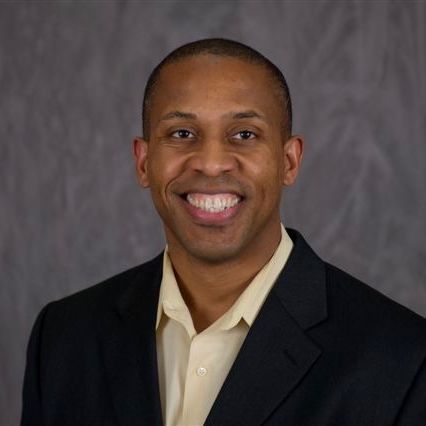Research
The Botchwey Laboratory takes a multidisciplinary approach for improvement of tissue engineering therapies through study of microvascular remodeling, inflammation resolution and host stem cells.

The Botchwey Laboratory takes a multidisciplinary approach for improvement of tissue engineering therapies through study of microvascular remodeling, inflammation resolution and host stem cells.